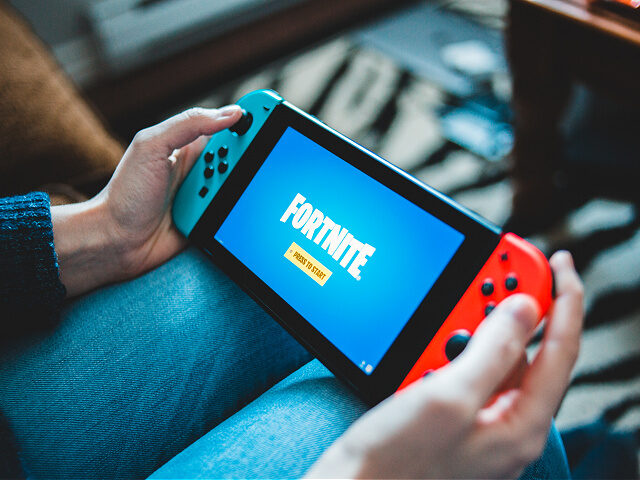A group of parents have sued Epic Games, claiming the company got their children addicted to its Fortnite video game.
The lawsuit was brought in Quebec Superior Court and alleges the company intentionally created the extremely popular game to be “highly addictive,” the New York Post reported Friday.
Although the parents have claimed that because of the game their children quit eating, drinking, and showering, the company has said it is prepared to come against those claims in a court of law, Good Morning America reported, noting the online game has over 250 million registered users across the globe.
A Boston mother named Deanna Greenstein described her sons’ reactions to the game, stating, “They were coming home from school and they didn’t want to go outside and play basketball. They didn’t want to go and physically hang out with their friends.”
In a ruling Wednesday, Justice Sylvain Lussier said the recent lawsuit did not appear to be “frivolous or manifestly ill-founded.”
The judge also ruled, “The court concludes that there is a serious issue to be argued, supported by sufficient and specific allegations as to the existence of risks or even dangers arising from the use of Fortnite.”
Video games are designed to addict users through intermittent reinforcement, according to Caron, an organization that helps people recovering from addiction and substance use:
The pleasure center of our brain is activated when we win, and the reward from the increased dopamine makes us want to do more. But if we win so often that it becomes a sure thing, then our brain can become bored – you can’t eat key lime pie four times a day. For this reason, the games are designed so that you win only once in a while. Part of the joy of playing is the anticipation of winning, and each loss is just a goad to try for another win, and our brain chases the rush of dopamine we receive from the next virtual win.
Meanwhile, the Quebec judge ruled individuals who developed addiction symptoms after playing the Fortnite video game may join the legal action. The Post noted over 200 have come forward.
“There is no dollar figure attached to the lawsuit. The court will determine potential compensation,” the outlet concluded.

COMMENTS
Please let us know if you're having issues with commenting.